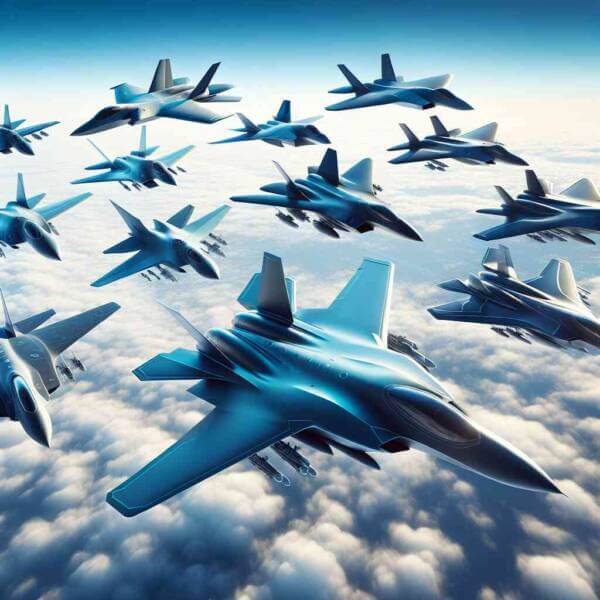Military Aviation: Everything You Need to Know
Military Aviation: Everything You Need to Know
Blog Article

Military aviation is a cornerstone of modern defense strategies around the world.
Nations invest heavily in military aviation to protect national interests.
How Military Aviation Began
Military aviation started during the dawn of aerial warfare, with aircraft initially used for spying on enemy movements.
Important events in the evolution of military aviation:
- Development of air combat tactics
- World War II advancements
- Rapid development of jet technology
- Remote operations changing the face of conflict
Each era brought innovative strategies that redefined military capabilities.
Types of Military Aircraft
Understanding the types of military aircraft helps in appreciating the complexity of modern air forces.
Common categories of military aircraft are:
- Planes built for speed and agility
- Aircraft for long-range attacks
- Transport aircraft
- Reconnaissance and surveillance drones
Each type plays a key part in military operations, from striking enemy targets.
Importance of Air Superiority
Controlling the skies limits enemy movements.
Benefits of air superiority include:
- Reducing enemy effectiveness
- Targeting infrastructure and logistics
- Gathering critical intelligence
- Psychological impact on enemy forces
Nations with strong military aviation capabilities can shape outcomes.
Technological Innovations in Military Aviation
Constant research and development push boundaries for future warfare.
Future technologies in military aviation:
- Stealth technology
- Ultra-fast strike capabilities
- Autonomous drones
- New forms of aerial weaponry
These advancements increase survivability for air forces worldwide.
Risks and Limitations
Despite technological superiority, website military aviation faces numerous challenges.
Key challenges include:
- Expensive research and operations
- Short life cycles for cutting-edge aircraft
- Cybersecurity threats
- Questions about accountability and control
Addressing these challenges is essential for maintaining air power.
Where Military Aviation is Heading
The future of military aviation promises an era of transformation.
Future trends may include:
- Smarter decision-making systems
- Defending assets beyond Earth
- Eco-friendly military aircraft
- Joint defense projects
The next era of military aviation will shape the future of global security.
Conclusion
Military aviation remains a decisive factor in global defense.
As technology continues to evolve, the skies will remain a frontline of innovation where military aviation shapes the world order.
The future of military aviation is limitless — and it’s only just beginning. Report this page